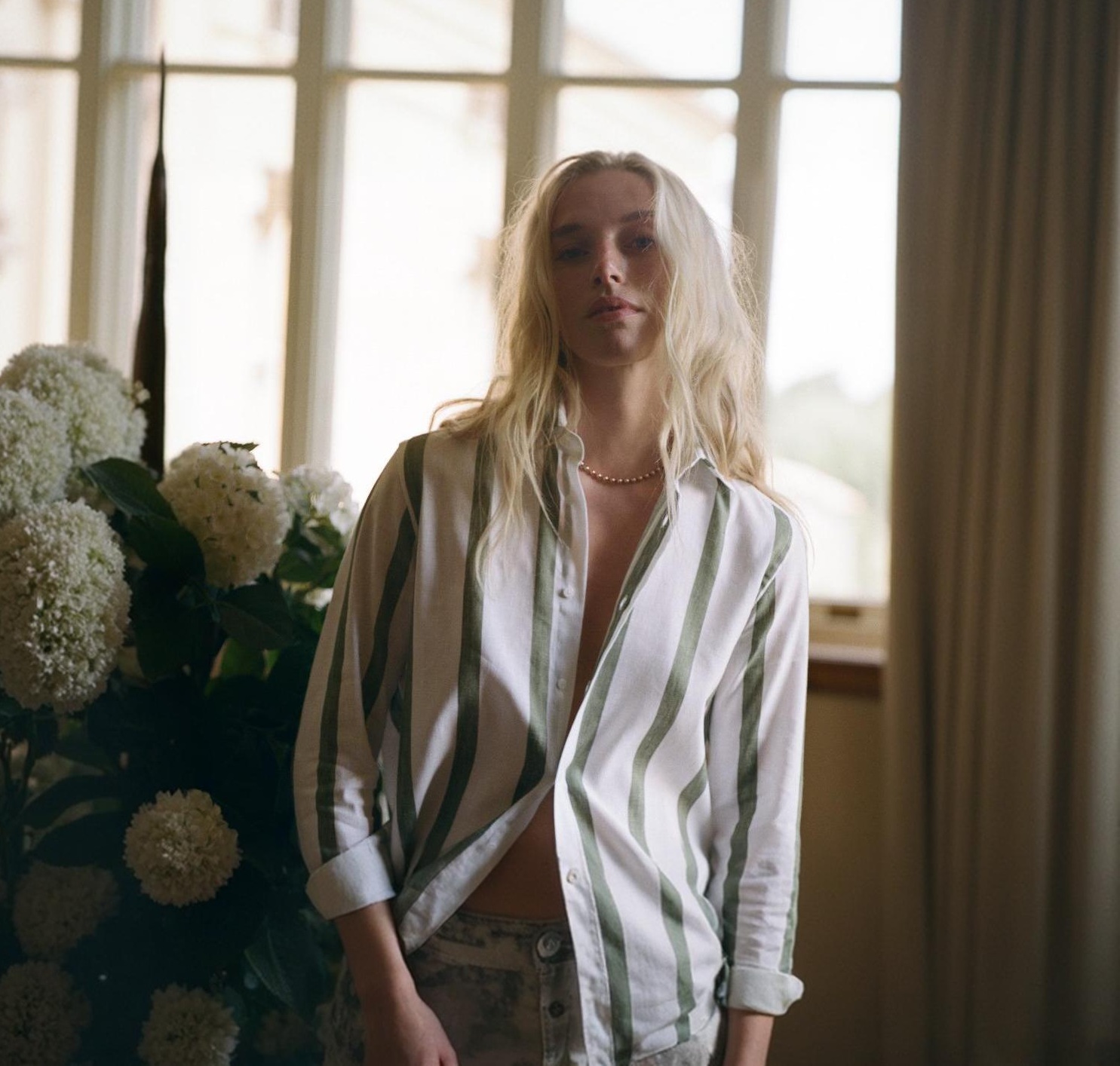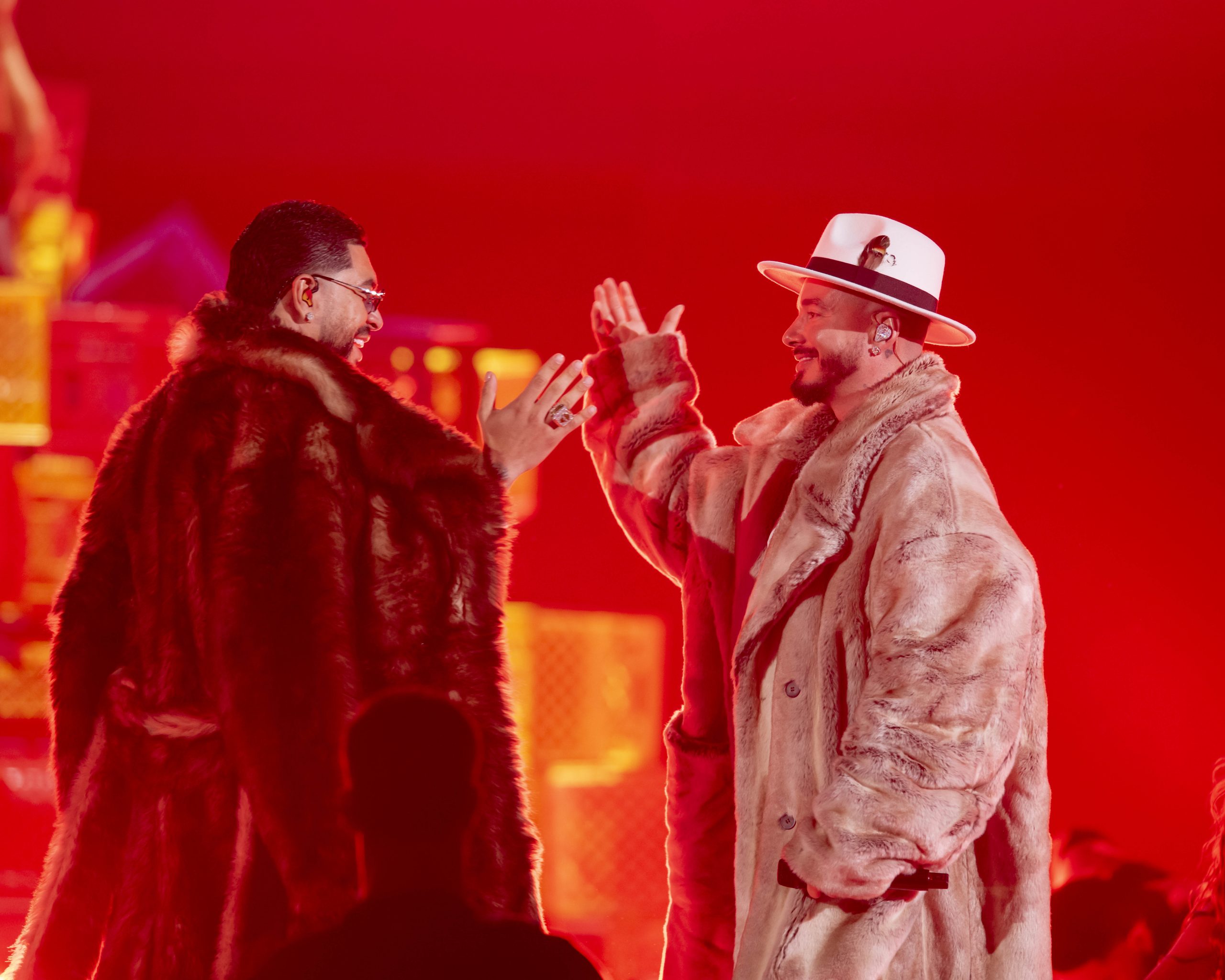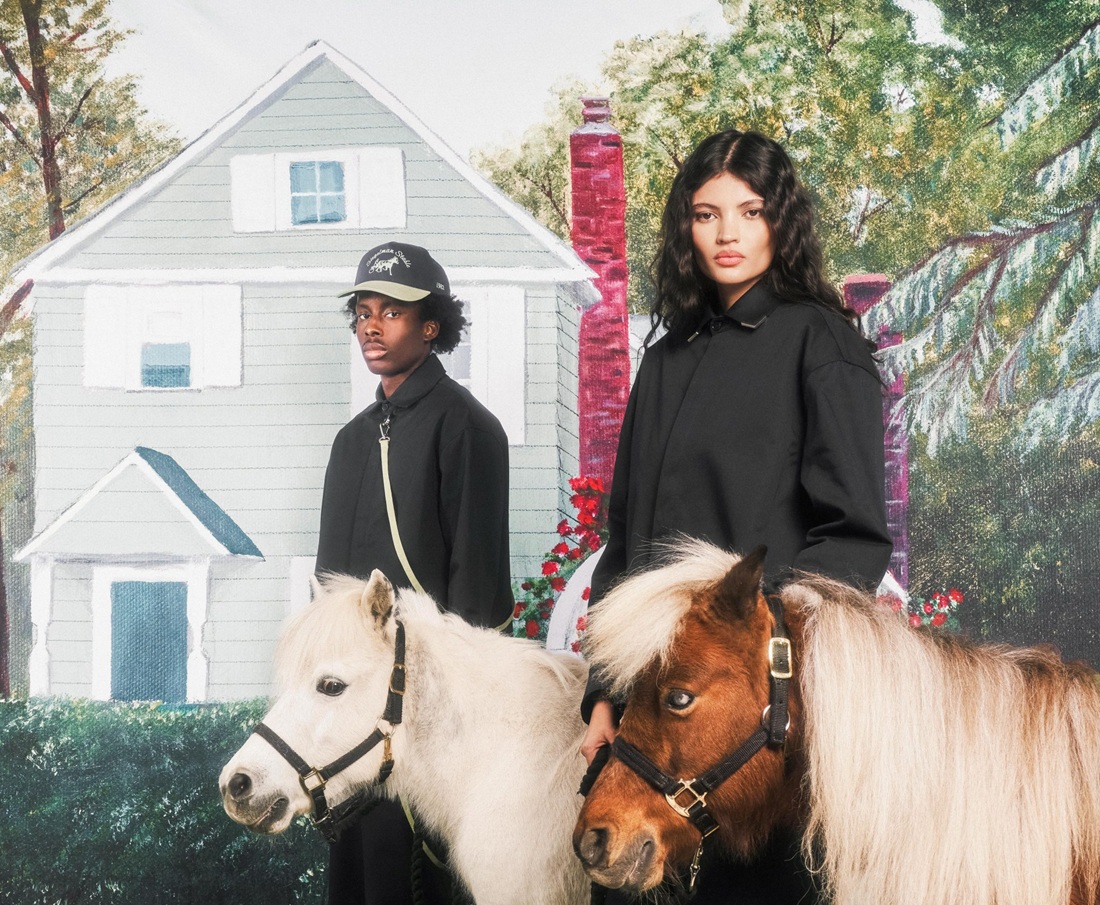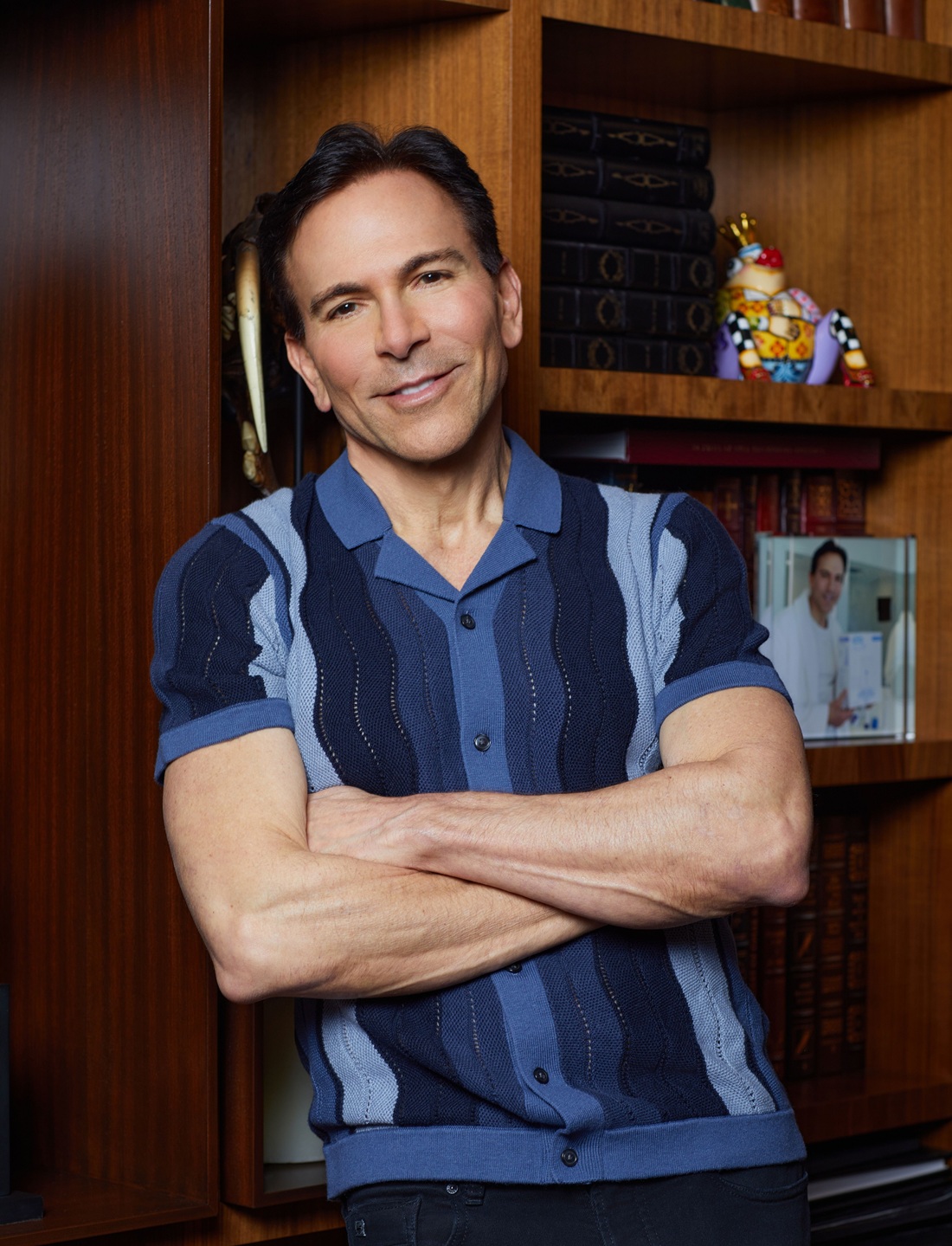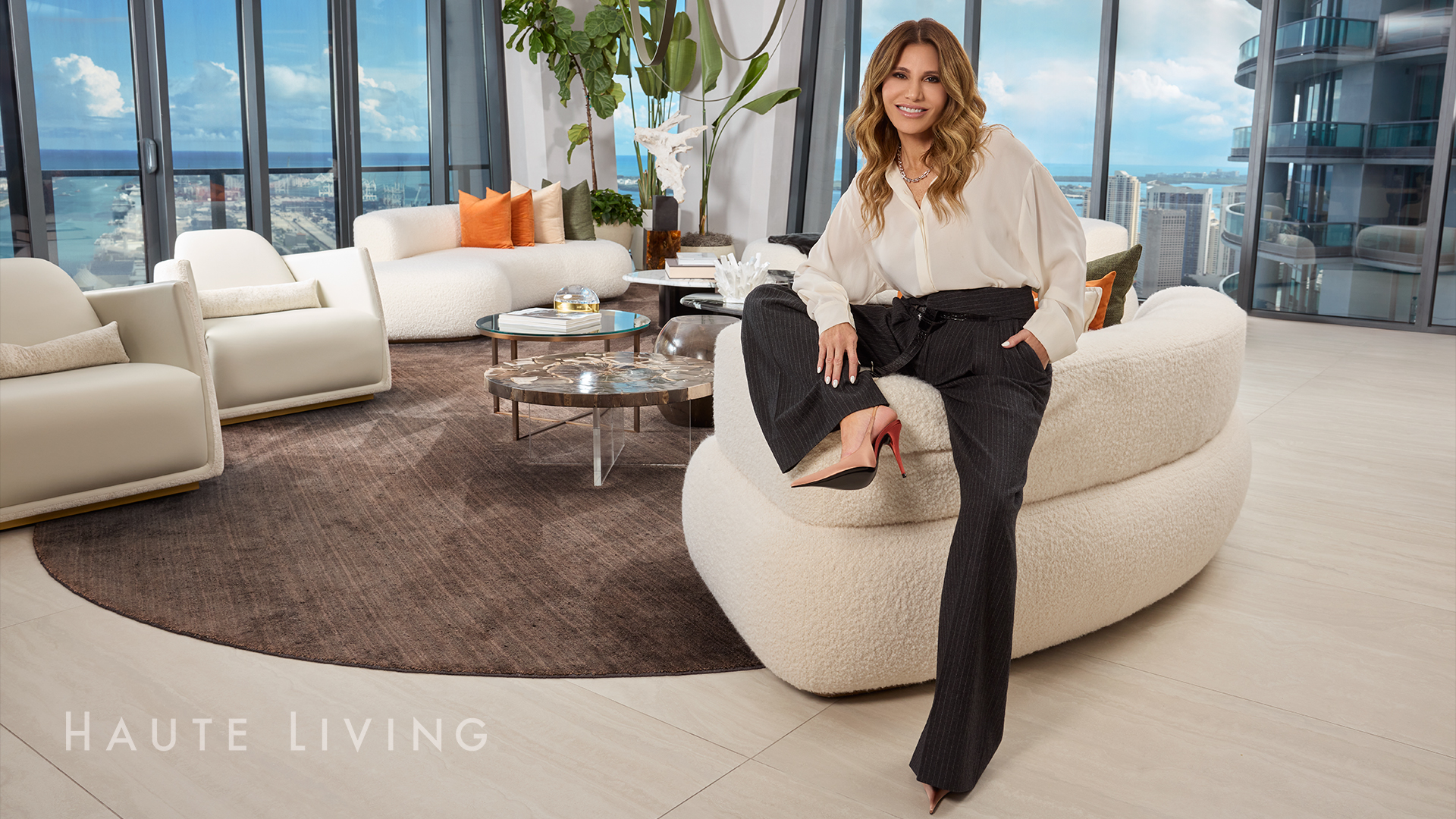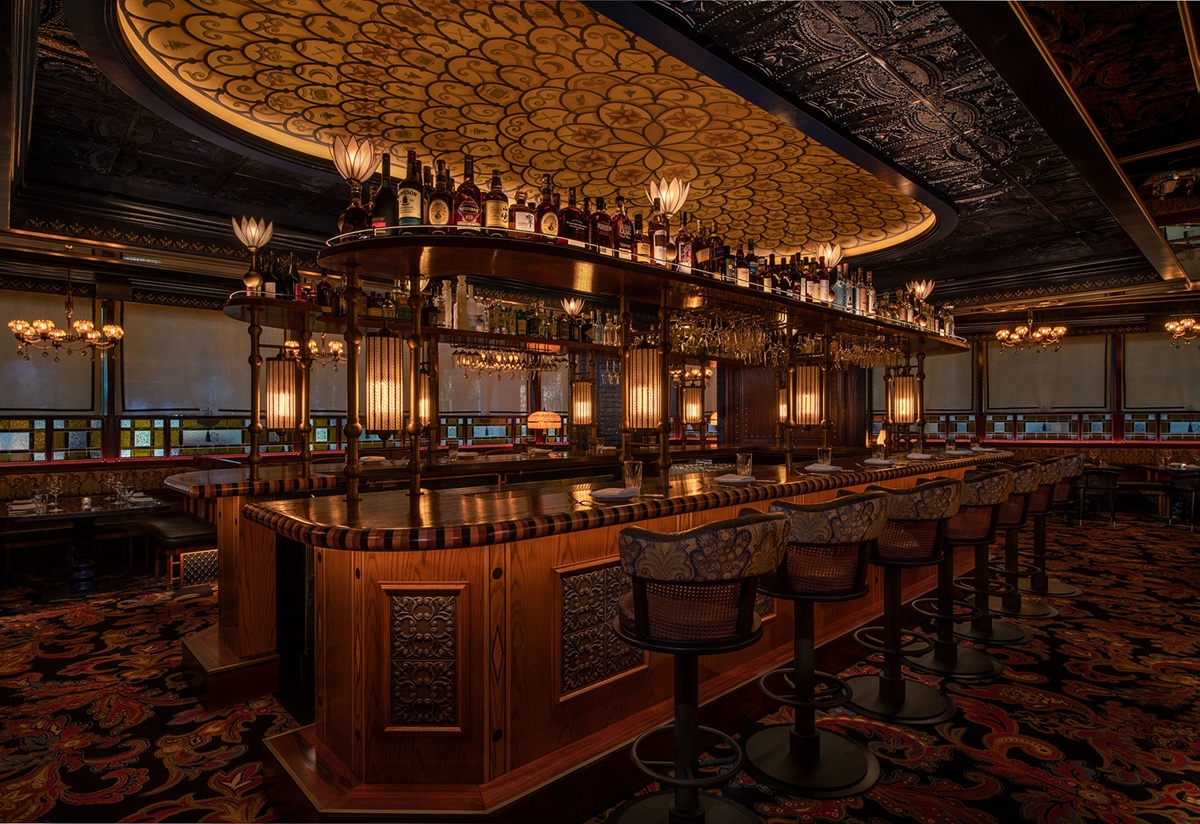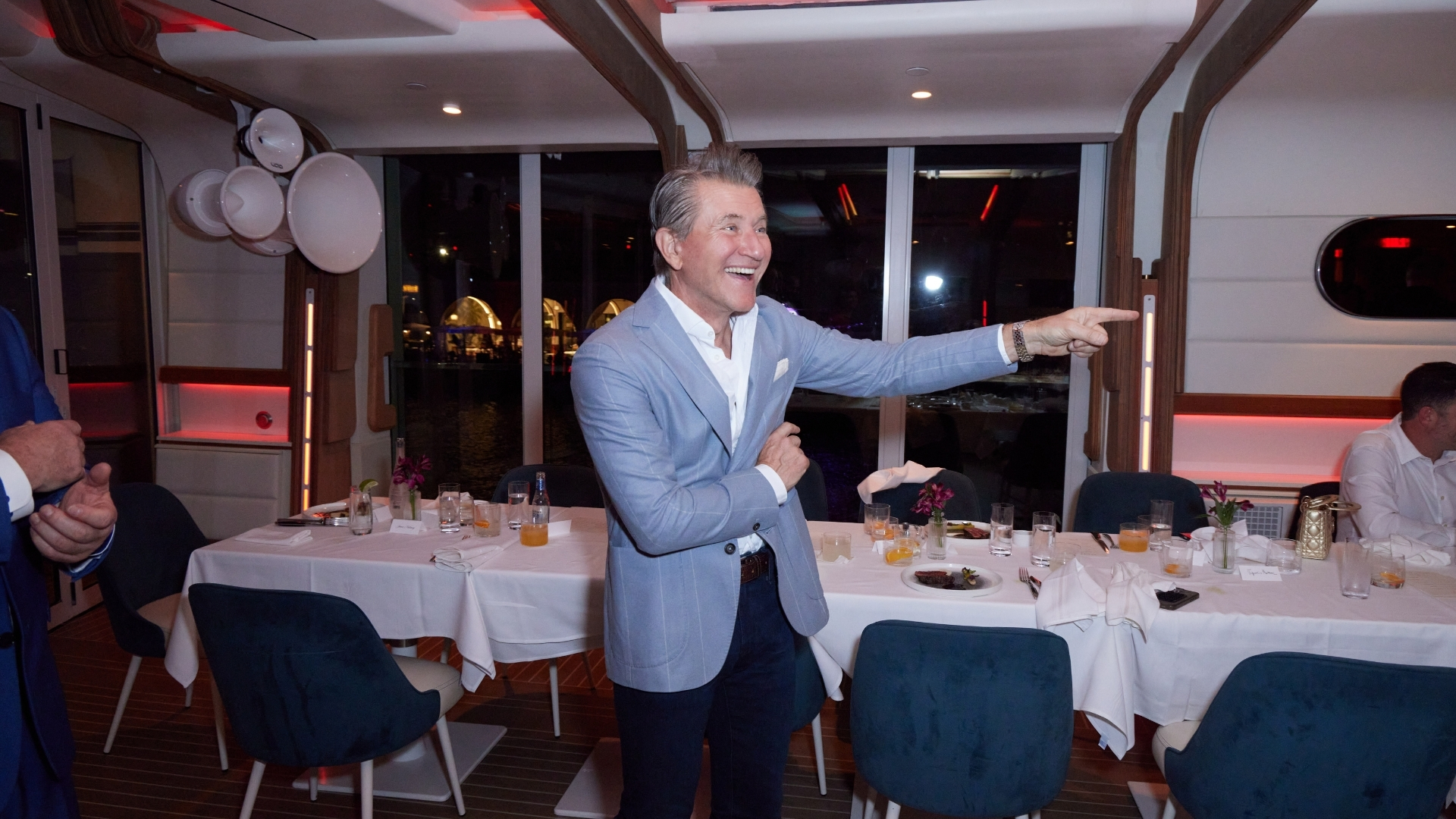“There Is No Recipe To Make A Champion” – Lessons From The World’s Most Famous Tennis Coach Patrick Mouratoglou
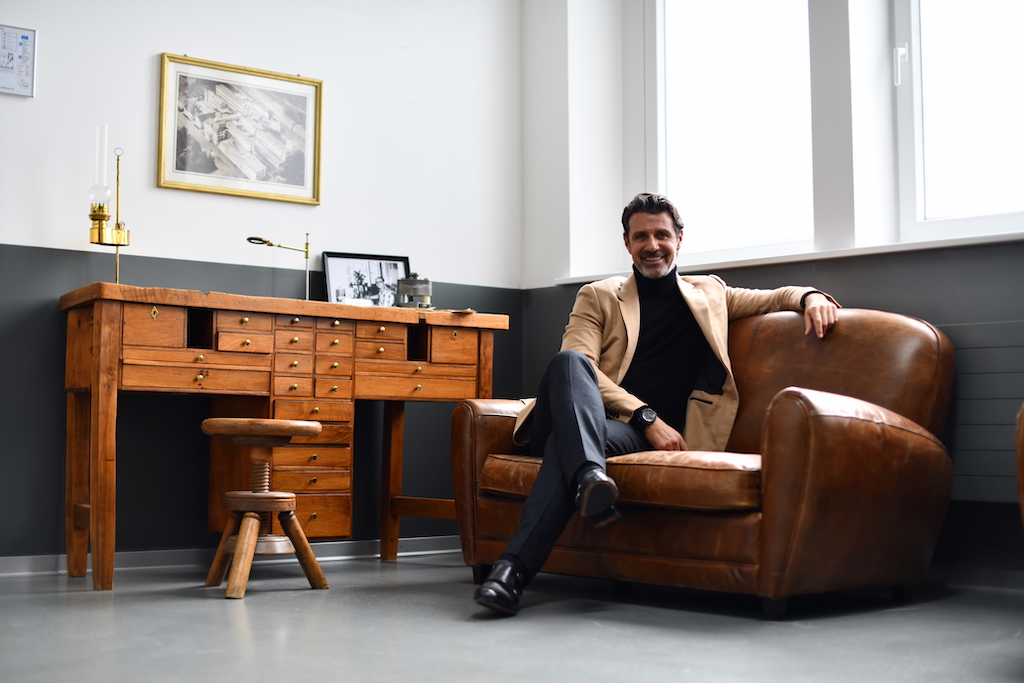 Photo Credit: Zenith
Photo Credit: Zenith
Patrick Mouratoglou has been a tennis fan since his feet first hit the asphalt courts at the age of 4. As he got older, familial pressures caused him to pursue traditional routes of education versus continuing into a tennis career. However, what started as a childhood dream deferred has now turned into a professional tennis coaching career, working with stars such as Serena Williams or Stefano Tsitsipas, and the Mouratoglou Tennis Academy that now has locations in three different countries.
The inaugural location for the Mouratoglou Academy is in France and is both an academic school and tennis school. The campus is built like a resort and includes a country club, a hotel, and a medical center for the student-athletes. For over 25 years, Patrick perfected the methodology and mindset behind the academy before he finally agreed to expand its reach. The locations in Greece and Dubai are the Mouratoglou Tennis Centers that take responsibility for all tennis-related activities at two 5-star resorts.
Besides manning successful tennis academies and being a coach to the tennis stars, Mouratoglou has also begun a new endeavor with mentee and tennis champion Serena Williams. Mouratoglou is an executive producer on a new docuseries about Serena Williams that will be produced in partnership with Amazon Studios. He is also currently working on season 2 of his own show, Ultimate Tennis Showdown. This innovative new form of tennis tournaments is helping modernize the sport for the younger crowd; as the average age of a tennis fan is 61.
Recently, Patrick Mouratoglou sat down (virtually) with Haute Living to discuss his career, even more of his endeavors, and the reason that he never looks back.
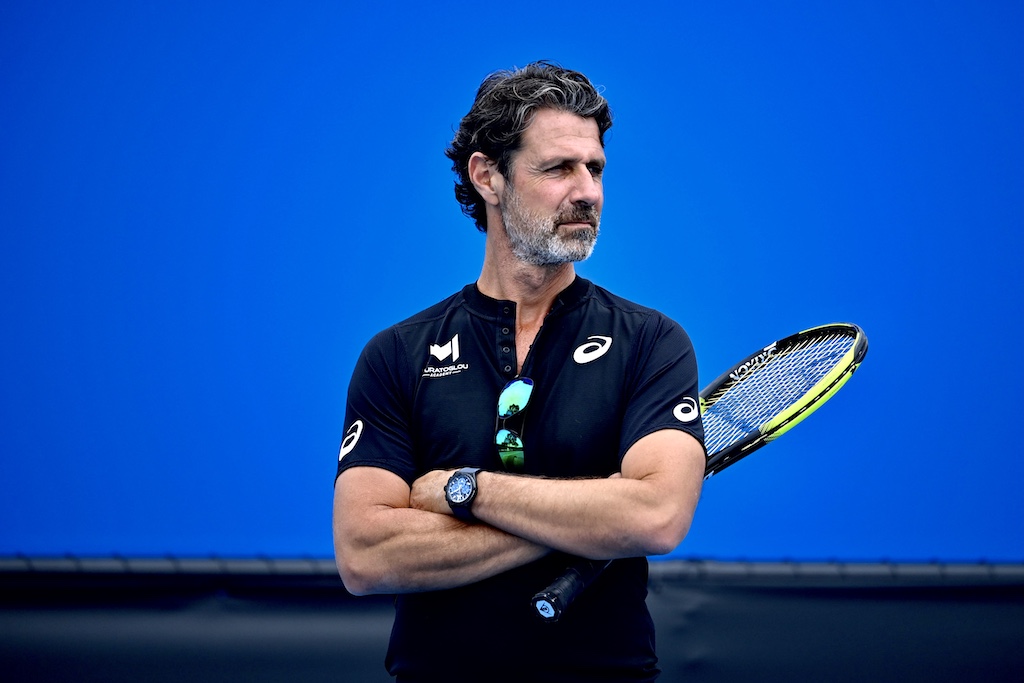 Photo Credit: Patrick Mouratoglou
Photo Credit: Patrick Mouratoglou
HL: Let’s start at the beginning, why tennis? What does tennis mean to you?
PM: Tennis means a lot to me. I’ve been playing tennis since I was 4 years old because my parents were going to the tennis club on the weekends. When I was a kid, I was shy to a degree that you can’t imagine. I was completely unable to connect. Tennis became the place where I was feeling confident, comfortable, and good at what I was doing where I was feeling bad everywhere else. I was bad at school, but on the court, I was feeling good. So, that’s why I have such a strong relationship with tennis.
I thought I would become a pro because I think I was quite good. I was one of the best in the country for my age, but my parents made another decision for me because they thought it was too risky. So, I had to stop tennis and start the more classic studies, like business studies. And, I was completely destroyed. This killed me. When you have a passion and you have a dream and everything has to stop from one day to another, it’s really painful. And, I had no other plan. I didn’t want to do anything else. So, that was a really tough moment.
10 years later, when I was 26 and I was working in business, I knew I had to come back to my passion. I really wanted to give kids the chance to achieve their dreams in tennis; the chance I hadn’t been given. That is my motivation, 100%. I started my academy by renting 2 courts in a club during the time when the courts were available, between 2:00 and 6:00, because nobody was playing at that time.
HL: So, after 20 years of coaching, what would you say is the biggest lesson you have learned?
PM: Definitely that everybody’s different. That’s something that I felt initially and that’s why I decided when I started my academy to do it completely differently than all the other academies, which were all on the same system. Basically, it’s a system to learn how to fit in. I said no, we’ve got to create a system that is very adaptable in order for us to create the best system for each player.
HL: A system that is individualized for each player?
PM: Yes, exactly. It’s a lot of little details. We communicate with each player completely differently because they’re all very different. They all have different needs, different perceptions of tennis, different environments, different qualities, different flaws, and we have to take everything into consideration and take the best out of them in order to use 100% of their potential. So, the biggest lesson is that there is no recipe to make a champion. You have to find the right recipe for each player.
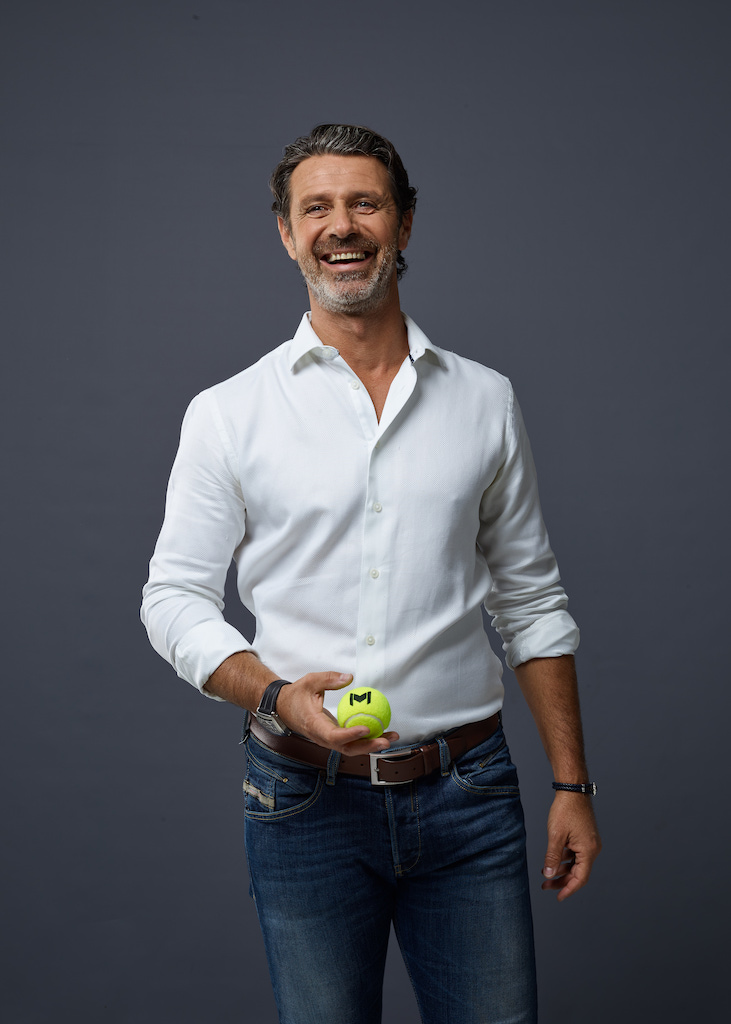 Photo Credit: Patrick Mouratoglou
Photo Credit: Patrick Mouratoglou
HL: What do you consider your biggest achievement over the years?
PM: Probably hasn’t happened yet. I don’t look back, I don’t want to look back, and I don’t like to look back. I think it’s the wrong attitude. I’ve been lucky enough to work with incredible champions and I also find out they never look back either. I always tell this story with Serena and I think it’s a great lesson for everyone.
When I started to work with Serena in 2012, her goal was to come back to win Roland-Garros. She had won it only once in 2002. So, in 2013, the year after, she won 100% of her matches on clay and she won Roland Garros. Right after the trophy ceremony, she turned to me and she said, “Ok, now we have to win Wimbledon.” And I knew she had already forgotten about winning Roland-Garros, just 5 minutes after.
HL: What do you hope to see for the future of the sport of tennis?
PM: Some people might have misunderstood what I have said in the past, thinking that I want to change tennis. I don’t want to change tennis… I want tennis to survive. But it has not adapted to the way people consume content today. The emergence of social media, streaming platforms, video games, and E-sports has completely changed the way people consume this type of content. The sport [tennis] is endangered. The average age of the tennis fan is 61 years old and it gets one year older every year.
I think that UTS [Ultimate Tennis Showdown] answers most of the problems that tennis goes through, and that’s why I created this league. We’ll see if we succeed or not, but at least we are ticking all the boxes. It’s extremely dynamic. There is much less time between the points and it’s extremely immersive. We are going to add a lot of things so the fans can also participate in the action. The players are expressing themselves much more and there are many more hotshots. I think that if we are able to bring the young fans on board, they will know tennis through UTS and I’m sure they’re going to appreciate traditional tennis as well.
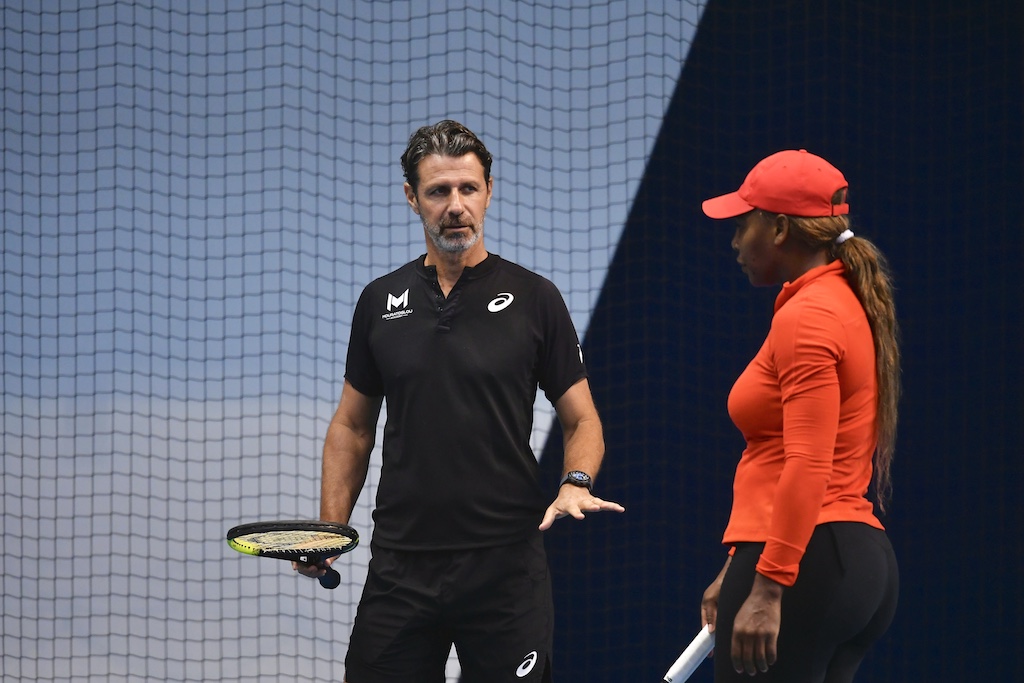 Photo Credit: Patrick Mouratoglou
Photo Credit: Patrick Mouratoglou
HL: What would be your advice for a tennis player that’s hopeful about going pro?
PM: The first piece of advice is to believe in yourself. It’s easy to say, and not easy to do. But, if you don’t deeply believe you can achieve something, you’re not going to do the right things. So, find a way to believe in yourself. Find a way to surround yourself with people who believe in you 100 percent – this support is key and actually is true for life as well. Most of the wrong attitude comes from a lack of confidence though, so that would be my number one advice.

